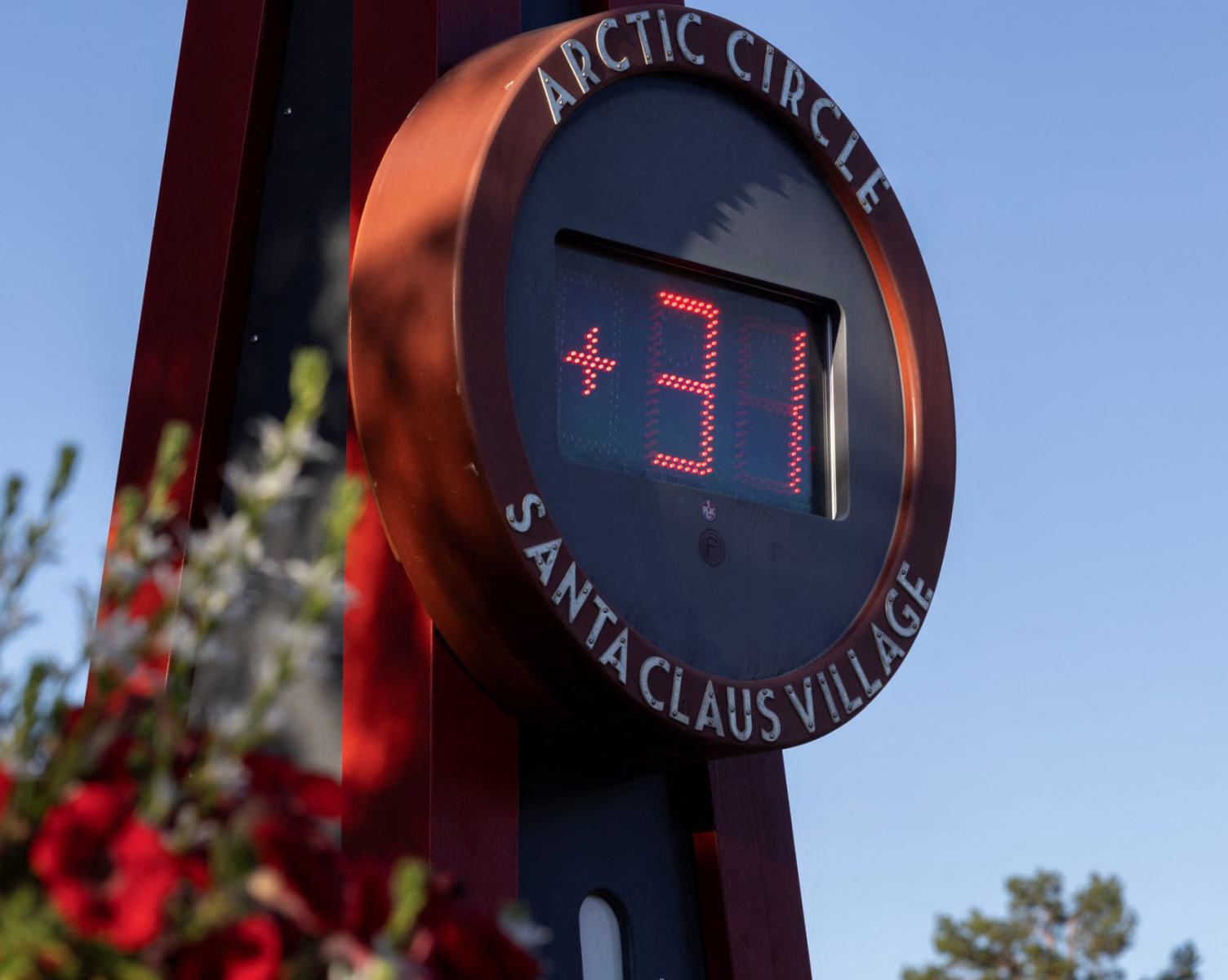
In Norway's Arctic Circle, temperatures surpassed 30°C (86°F) on 13 separate days in July alone — a level of sustained heat never before documented since recordkeeping began in 1961. The Norwegian Meteorological Institute confirmed that each of its three northernmost counties registered extreme heat for nearly two weeks straight. Although a short-lived cooldown passed through last week, forecasts predict a return to 30°C conditions over the coming weekend.
Finland, too, has endured an extraordinary stretch of heat, with some areas experiencing over three consecutive weeks of temperatures at or above 30°C. "This is the longest continuous heat event in over six decades, more than 50% longer than any previous record," said Mika Rantanen, a climate scientist at the Finnish Meteorological Institute. Even Arctic areas, usually far removed from heat concerns, have faced more than 21 days of temperatures exceeding 25°C — levels that may soon challenge historical August records.
Sweden has not been spared either. Weather stations in the northern towns of Haparanda and Jokkmokk recorded temperatures above 25°C for 14 and 15 days in a row, respectively. Sverker Hellström of the Swedish Meteorological and Hydrological Institute noted that "you would have to look back more than a century to find such prolonged heat periods at these stations."
The persistent high temperatures, 8–10°C above average in some places, are being driven by unusually warm waters off Norway's northern coastline and a dominant high-pressure system lingering over the region. The resulting heat has sparked wildfires, lightning storms, and power disruptions in several Nordic areas.
The heatwave is also placing strain on local populations and infrastructure not designed for such extremes. In Rovaniemi, northern Finland, an ice rink opened its doors to the public after the local hospital's emergency department was overwhelmed by heat-related cases. In Lapland, herders raised alarm over reindeer struggling to survive the relentless temperatures. "They are simply not adapted to this kind of climate," one herder told Finnish media.
Even the tourism industry has been affected. Many visitors from southern Europe and other warmer regions, hoping for a "coolcation" in Scandinavia, instead found themselves under official heat warnings.
Climate scientists say the severity and frequency of such events are clear indicators of the climate crisis. "As global temperatures continue to rise, these extreme heatwaves will not only become more common — they will last longer and pose even greater risks to health, infrastructure, and ecosystems," said Heikki Tuomenvirta of the Finnish Meteorological Institute.
The situation in the Nordics echoes a broader trend seen around the world this summer, as regions from North America to Asia grapple with record-breaking heat and associated climate disruptions. But in areas traditionally accustomed to cold, the shock is particularly acute.
"The Nordic region is simply not built for this," Rantanen added. "What we're witnessing now is a clear sign that no part of the world is immune from the rapidly intensifying impacts of climate change."